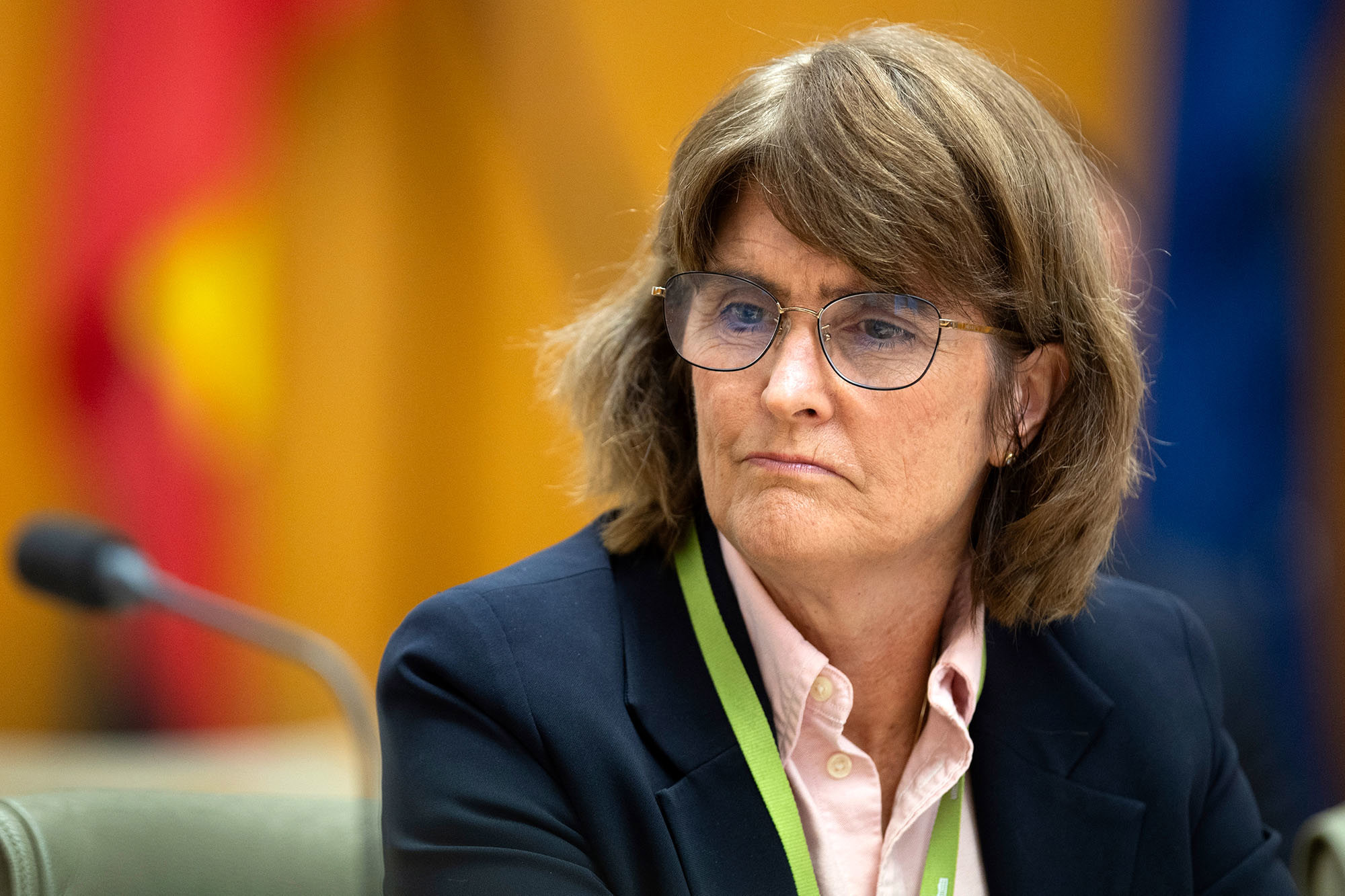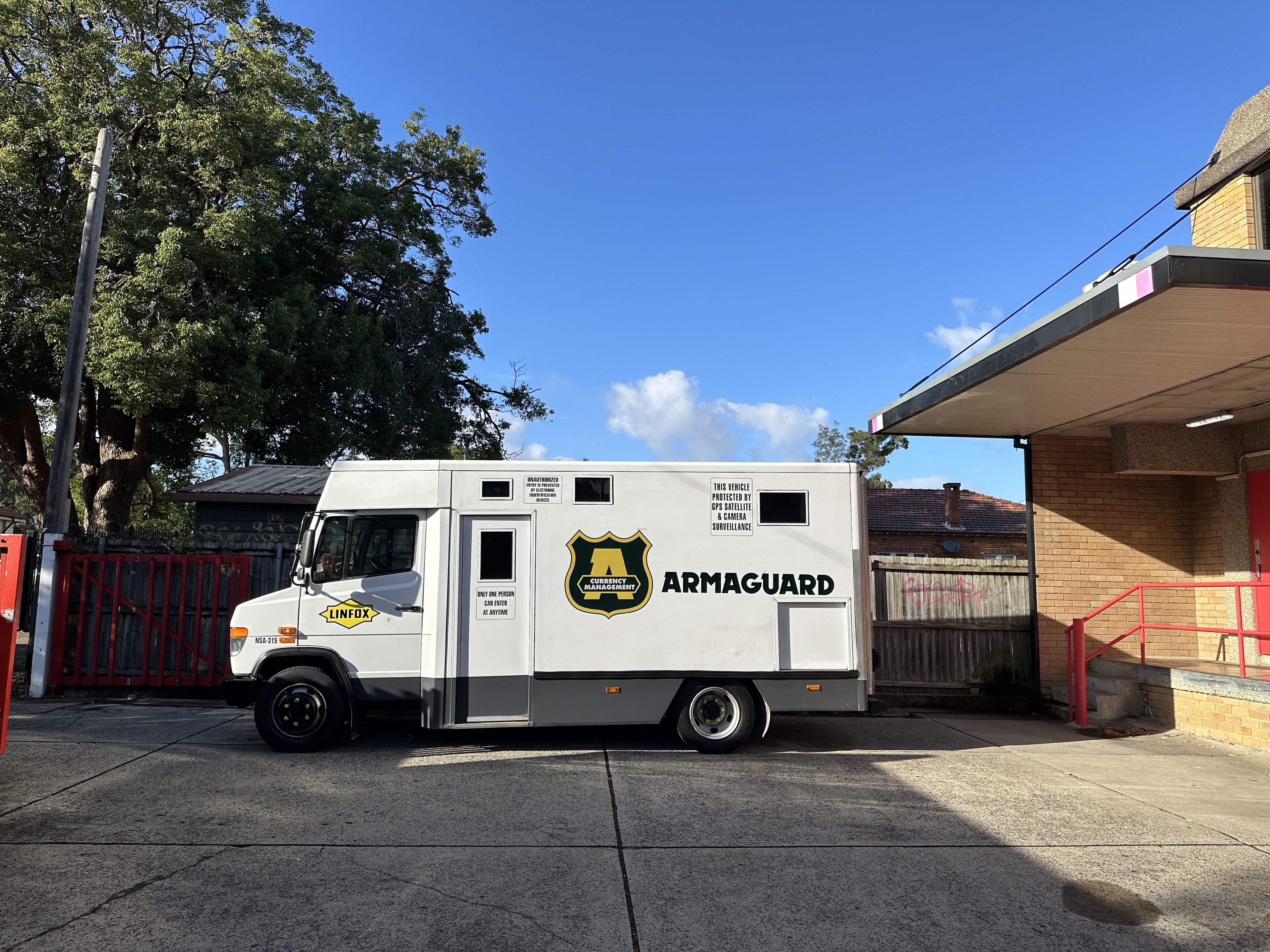RBA Governor Michele Bullock has admitted the Reserve Bank was too slow to raise interest rates when inflation started rising, while another senior official has indicated there's little chance of multiple further cuts this year.
Appearing before a Senate committee, Bullock said one of the reasons she and her board eased the cash rate for the first time in more than four years on Tuesday was to avoid a delayed reaction to slowing inflation.
"The board doesn't want to be late, and arguably we were late raising interest rates on the way up," she said.
EXPLAINED: How the RBA's rate cut has impacted when the election will be
"We didn't respond as quickly as we should have to rising inflation.
"I think the board has been quite cognisant of the fact that… if we're going to start reducing interest rates, then we need to be thinking of doing it not when we are already back in the band, but as we start to get more confidence that we're coming back to the band."
Under Bullock's predecessor, Philip Lowe, the RBA didn't raise interest rates from their emergency low of 0.10 per cent until May 2022.
By that stage, headline inflation was at 5.1 per cent and core inflation had risen to 3.8 per cent.
READ MORE: 'Living in fantasy land': Former Australian PM's stinging rebuke of Trump
Tuesday's 25-basis-point cut was the first time the RBA has delivered cash rate relief since November 2020.
And while financial markets have tipped two more cuts by the end of the year – and the RBA has therefore taken those assumptions into its own forecasts – deputy governor Andrew Hauser indicated it's highly unlikely the bank will follow those predictions.
"If interest rates follow that path, inflation will not return to the midpoint range," he said.
"Not only are we not saying that's our preferred path, we're saying that if (rates) followed that path, we would not achieve our target."
READ MORE: PM hints at cost-of-living relief during podcast appearance
Central bank committed to cash for 'as long as Australians want'
In her opening remarks to the committee, Bullock said the RBA would work with the government to ensure cash remains available for Australians who wish to continue using it.
"While (it) has declined in recent decades, it remains an important means of payment for many Australians," Bullock said.
"Cash is used as a store of wealth, particularly during periods of economic uncertainty, and can be a useful backup for electronic methods of payment.
"The RBA is committed to supporting the Australian government's policy objective to ensure cash remains a viable means of payment for as long as Australians want or need to use cash."
READ MORE: Australia's biggest super fund hit with massive fine
Her comments follow a federal government proposal in November for a mandate forcing businesses to accept cash for essential items, but also after Australia's lone cash distribution company, Armaguard, needed a $50 million support package from major businesses to survive last year.
Bullock said there are still issues facing the system.
"Although there has been progress, there is still considerable work to be done to establish a model for cash distribution that is sustainable… it requires cooperation across all industry participants with the needs of the community in mind," she said.





